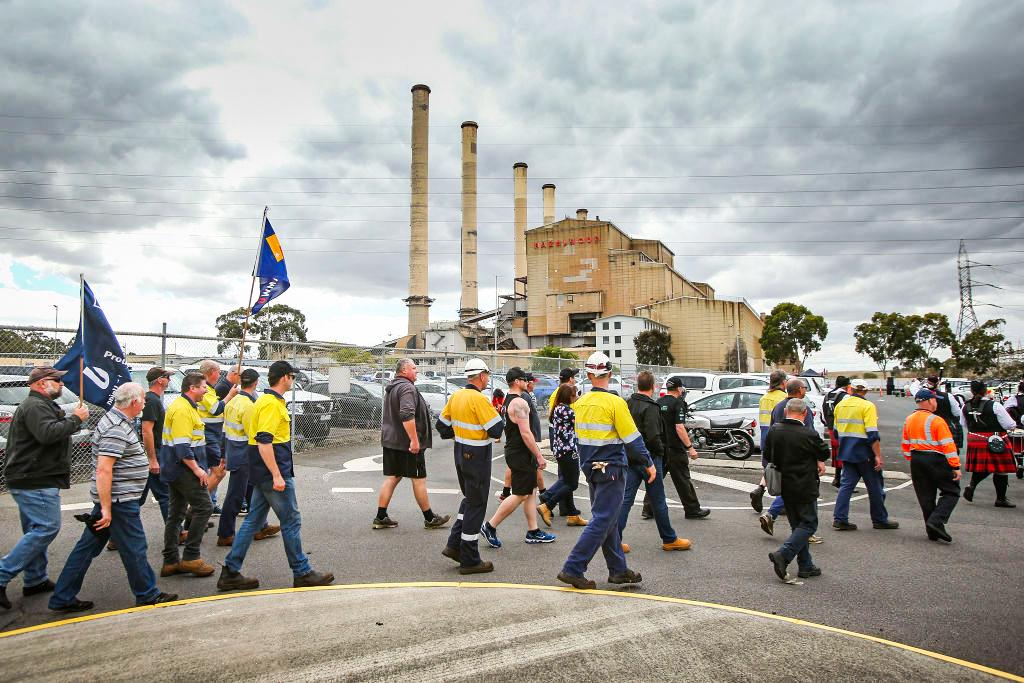For Australia to achieve net-zero by 2050, all coal, gas, and oil projects currently in the construction pipeline would need to be cancelled, according to a landmark report by the Institute of Public Affairs (IPA).
“This research reveals that a policy of net-zero emissions by 2050 will inflict significant and irreparable economic and humanitarian damage across regional Australia,” IPA Director of Research Daniel Wild said.





